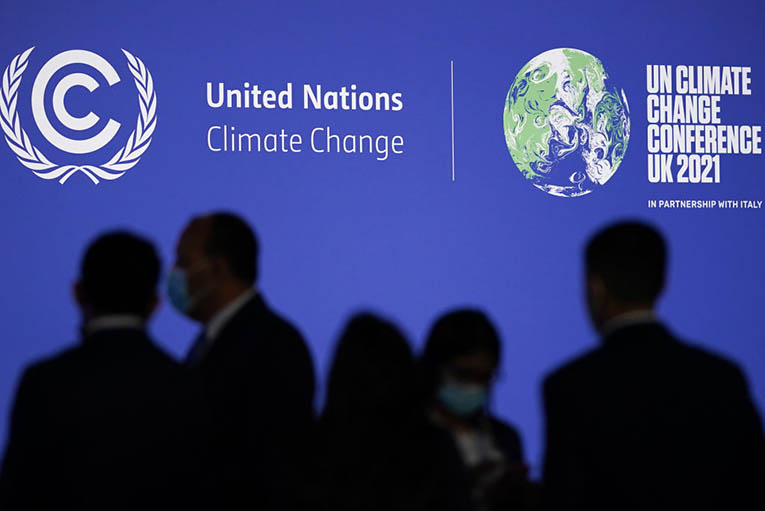At the COP26 climate summit, taking place in Glasgow this week, at least 19 countries are planning to end financing for foreign fossil fuel projects by the end of next year, according to sources quoted by Reuters.
Firstly, the British government is leading the initiative and is in last-minute talks to join more countries into the deal before the effort launches. So far, Denmark, Finland, Costa Rica, Ethiopia, Gambia, and the Marshall Islands have already signed the deals. Also, some development institutions, including the European Investment Bank and the East African Development Bank.
Moreover, the signing is not binding. However, it will build consensus between wealthy and also developing countries to end financial support of foreign oil and gas projects. Consequently, clean energy technologies would thrive, therefore further curbing emissions and avoiding the creation of stranded assets.
In addition, according to the sources, the countries already in line to sign the deal have invested billions of dollars per year in the development of fossil fuel projects. However, the global push to stop funding and developing coal; oil, and gas projects is pushing countries to stop financing them domestically.
Also recommended for you: Ameresco starts operations of smart grid project at Canadian school. Click here to read.
COP26 trying to build a stronger consensus; countires commit to domestic goals
In fact, Denmark said on Wednesday it would stop international financing for these projects by the end of 2021. Still, with some exemptions for gas projects that meet “strict conditions” until 2025.
Furthermore, Britain also ended direct government support for new fossil fuel projects overseas this year. The European Investment Bank has also committed to ending oil and gas project funding this year.
On the other hand, the International Energy Agency has said that indeed ending investments in coal, oil, or gas is essential to reach net-zero by 2050. Reaching that target would keep the global temperature from rising more than 1.5 degrees Celsius beyond preindustrial levels. Beyond that threshold, global warming could unleash catastrophic and irreversible impacts.
Finally, to reach that goal of net-zero by 2050, huge investments would be needed in clean technologies. In fact, Bernstein analysts estimate the required low-carbon investments at roughly $2-4 trillion per year until 2050.


